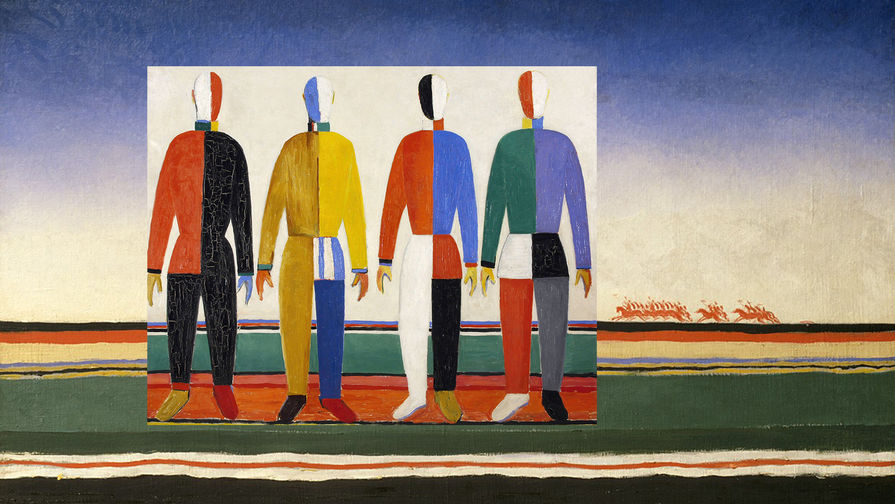
The Russian revolutionary avant-garde was rooted squarely in the tradition we have just described.
Its imagined “people of the future” (Budetlyans) would not only to be liberated from those unfair and malicious social conditions that stifled their creativity; they would also have the freedom of children. Obviously, no one was so naive as to believe they would live like children in any literal sense, that communism would create a world free from death, betrayal, existential fear, morbid obsession, or unrequited love. Only real children would experience such a paradise. Rather, it would create a world where future people would have the right, duty, and opportunity to reflect on those inevitable adult existential problems in startling beautiful ways. Communism would be a world no longer divided into mad geniuses and dull, obedient, fools—spectators, either uncomprehending or adulatory. Everyone would become both at the same time.